A ‘person’ can walk between 30 and 50 kilometers during the night hours; it is possible also to march during the first hours of daylight.2
People need to know that any liberation struggle is a combination of victories and suffering, and sometimes those two things are in the same person or the same family or the same group.
People need to know that any liberation struggle is a combination of victories and suffering, and sometimes those two things are in the same person or the same family or the same group.
At the time, we knew it was war. I myself was hit by two pieces of shrapnel at the time. It was then that I began to realise what war really was.
I saw people dying.
The liberation struggle was a priority, and we studied as a useful occupation, not least because we knew where Amílcar Cabral placed education
in the context of the struggle.
When we arrived in Conakry with all that enthusiasm, we prepared to leave to meet the comrades who were waiting for us.
There are several fronts; the struggle has several fronts. There's the military front, that of the direct clash, but there's also the education front, which is just as important as the other. It doesn't matter. There's no point in liberating if we don't prepare ourselves to take on the responsibility of independence afterwards.
In this process, becoming a teacher? You learn! For us, the liberation war and participation in the liberation war was a great school, a great school of life. Firstly, because of the example of the selflessness of the people in the liberated areas. From an internal point of view, we must never underestimate the contribution of the populations, especially the populations of the areas that became the liberated areas. There are examples in ordinary life, in contact with the people, that make us open our eyes in amazement and shame at a certain arrogance that we have. We always say that we learn a lot from humble people, and I learned to lose the arrogance of the young university student who thinks he knows everything.
[...]
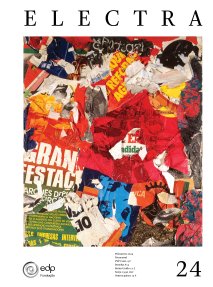
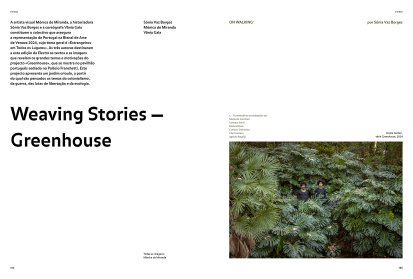
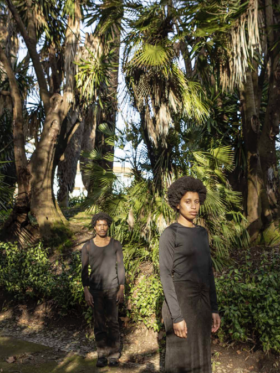
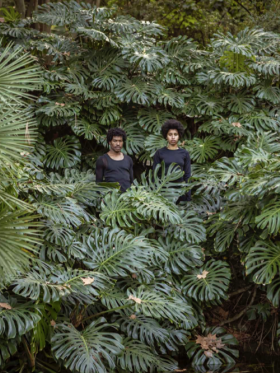
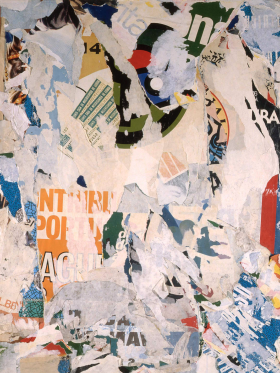
Share article